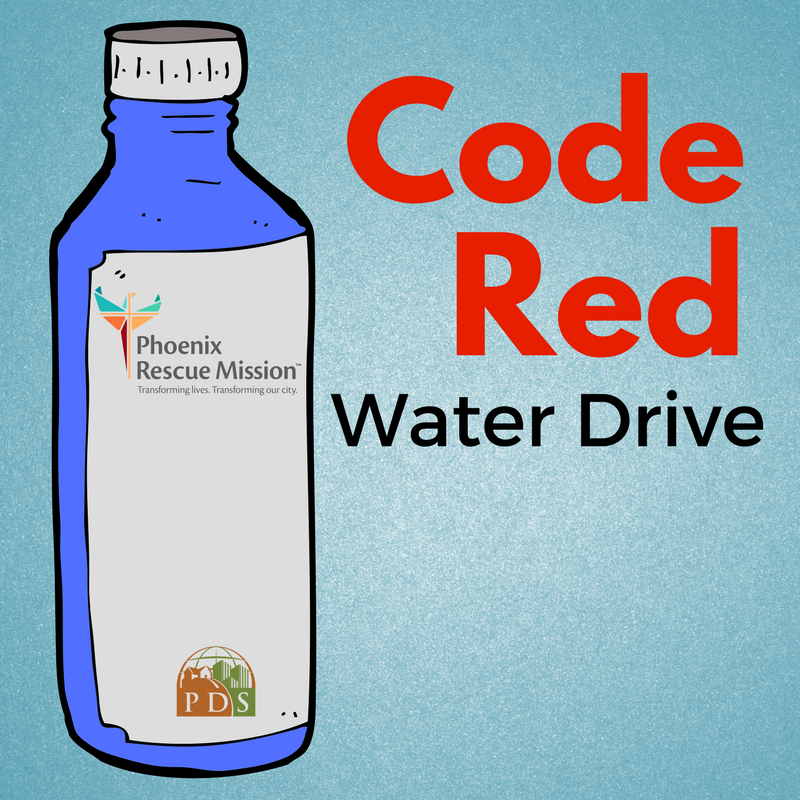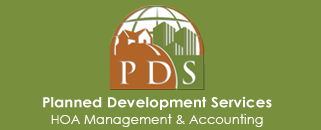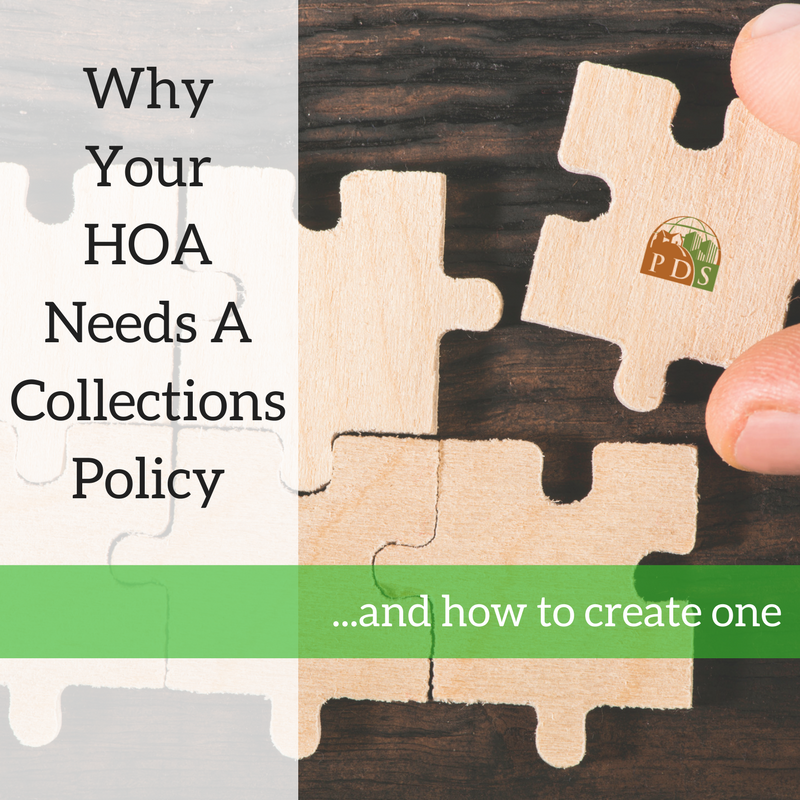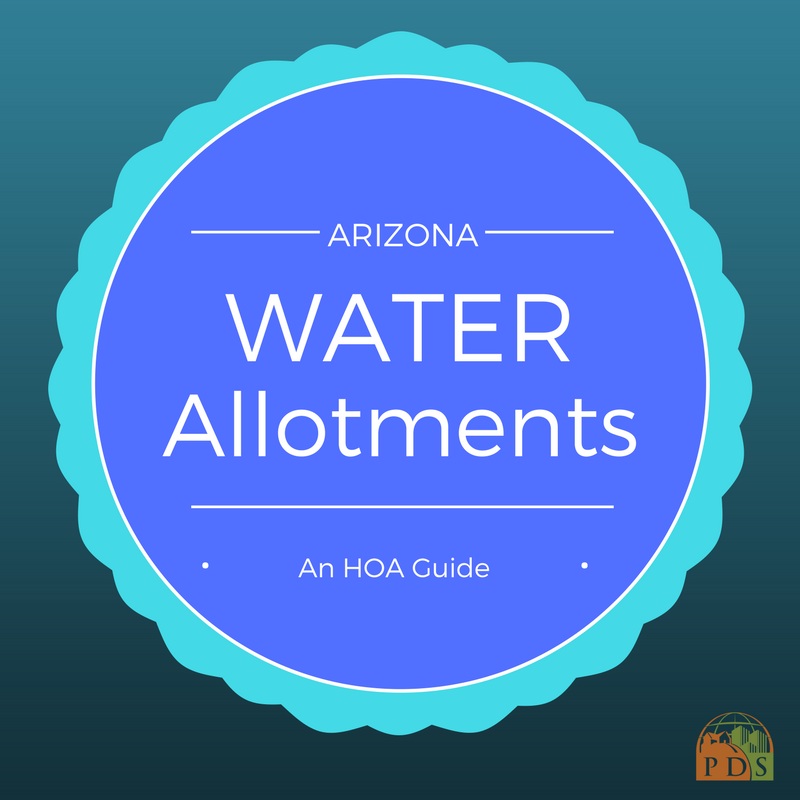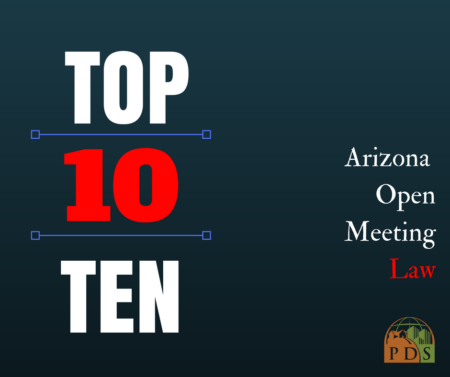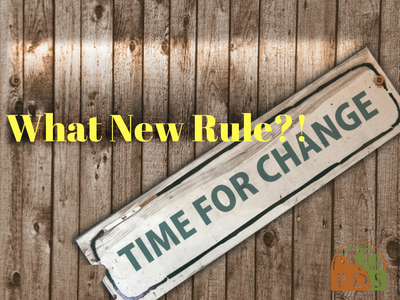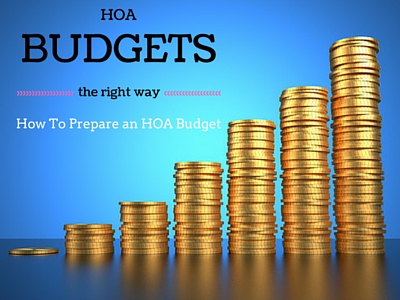It’s that time again. BUDGETS. Arizona HOA Management Company, Planned Development Services, starts the upcoming year budgets, in August (of the preceding year).
Planned Development Services works in tandem with our Arizona HOA boards on their upcoming budgets. Here’s an inside look at the steps we follow, so you can prepare your HOA and understand the concepts and process thoroughly.
Step 1: Review this year’s January through June income and expense, plus the last 2 years income and expense items to track trends. Be careful to note line items that are higher or lower than previous and or current year.
Step 2: Contact vendors and contractors to inquire about contract or materials increases forecasted for the upcoming year. Here are some typical contractors/vendors: Landscape Maintenance, Tot Lot Maintenance, Insurance, Swimming Pool and Spa Maintenance, Parking Lot/Asphalt Sweeping Service, and Entrance Gate Maintenance Service.
Step 3: Contact utility providers to inquire: APS, SRP, City Water provider, trash pickup services if this is included on the HOA budget. (PDS handles this for our communities. If you are self-managed you may have to contact providers).
Step 4: What are the community’s needs and wants. i.e. Do the common areas need renovating and refurbishing? Do the community members want more social events? Factor in the cost for upcoming projects and community extras, such as a “Movie In The Park” and other social events.
Next, start the annual budget with the income anticipated for the year. It is not recommended that income from fines or fees is included in the budget as these items are volatile and are difficult to quantify, or predict.
Lastly, allocate for Reserves Contributions. The Reserves Contribution allocation will be identified in the Reserves Study (PDS provides our communities with their Reserve Studies, so that the HOA board is able to make informed decisions for construction projects, upgrades and renovations to common areas).
HOA Income, minus HOA expenses, should equal zero. If not, the HOA budget will need to be revised. If there is a budget shortfall, an increase in assessments may be necessary. If there is a budget overage, Reserves Contributions may be increased with the anticipation of future common area renovations.
And that’s all! Ready to get started? Your PDS team will be working with your Arizona HOA board soon!
*If you are a self-managed community and would like assistance with budgets, visit our Accounting page to learn more about our services*
